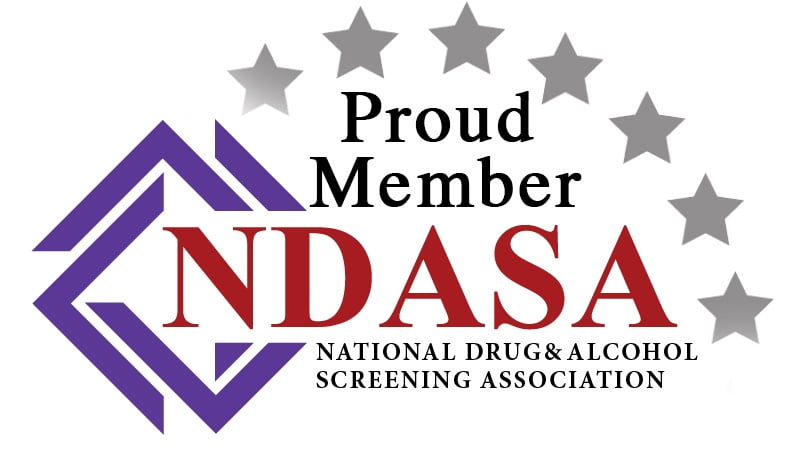
Q: What is your background, Brett?
A: I’ve been in Human Resources management roles with Fortune 500 companies and a member of SHRM for the last 20 years.
Q: Marijuana is now legal for recreational use in 18 states in addition to 36 states that allow medical use. How has marijuana legalization affected or changed the workplace?
A: First and foremost, it has increased safety issues especially among employees with safety-sensitive positions. Workplace marijuana use is on the rise with 39% of recreational users admitting to going to work “high” at least once per week.
This change has placed more urgency on companies to update workplace drug testing policy which is a challenge. Safety must be balanced with not unfairly penalizing workers who may be using marijuana legally and on their own time.
Q: What industries are most affected?
A: Definitely safety-sensitive industries where there is more inherent risk. Construction, manufacturing, Distribution Centers, utilities, and transportation among others.
Q: Regarding HR policy, what marijuana policies should employers have in place that respect state legalization laws but mitigate risk and help ensure safety?
A: I’ve put together a list of best practices with the following,
- Treat marijuana use at work as you would alcohol, it’s not acceptable.
- Conduct research about the type of drug test your company uses and stay on top of developments in technology. For example, urine testing detects past use up to 30 days so you may be unfairly penalizing past legal marijuana use. Saliva testing on the other hand has been shown to detect only recent use within the day.
- Managers should be trained to spot signs of impairment and procedural next steps.
- Know your relevant state laws before setting policies and testing rules.
- In states where employers must prove impairment, a positive drug test result can be combined with documented poor performance, unsafe behavior and accidents to justify adverse employment action.
- Employees must be educated about the company’s marijuana-use policy and the repercussions for positive tests, including random, post-accident or reasonable suspicion tests.
Q: Are there key takeaways from today’s discussion?
A: Marijuana legalization has increased safety issues especially among employees with safety-sensitive positions. Safety must be balanced with not unfairly penalizing workers who may be using marijuana legally. Especially when employee retention is so vital right now. Workplace drug policy should be updated to reflect these changes. Special attention should be given to updating drug testing policy to methods that only detect recent use at the workplace.





